Spiritual teachings often seem to ask us to detach from our feelings in order to remain centered and free from reactivity. But, in our lived experience, emotions are an important part of how we navigate the world. Can we awaken spiritually without losing touch with the wisdom of our feelings? In this short video clip from a recent Q&A session, Craig illuminates what an enlightened relationship to emotions looks—and feels—like, and why allowing ourselves to feel deeply is one of the most important things we can do on the path to genuine emotional freedom.
Below the audio is a downloadable MP3 and an edited transcript, if you’d prefer to engage the content in that way.
Want to download the mp3 version? Click here.
Question:
Spiritual teachings often ask us to detach from our feelings. But emotions are an important part of how we navigate the world. Can we awaken spiritually without losing touch with the wisdom of our feelings?
Answer:
That’s a great question. The thing is that most human beings don’t actually feel all their feelings. It’s simply too overwhelming to feel everything. Look at how much horror is going on in the world on a daily basis. Look at how much pain and suffering is being inflicted by humans onto other humans. If we allowed ourselves to feel all that, many of us would find it debilitating.
Similarly, as we awaken spiritually, we start to come into contact with a depth of profound and sacred feelings that can utterly overwhelm our nervous system. It’s so beautiful and moving.
The depth of love that we start to experience is much more than an emotion. Love is the current of the cosmos, and it shatters our small, little personal world with its enormity. So, to become someone who can feel that deeply and fully requires an evolution of our consciousness.
It requires an awakening out of a very reactive relationship to feeling. In other words, what would it be like to feel everything fully and at the same time not be dominated or controlled by our feelings?
An unconscious relationship to feelings is one where we’re constantly reacting to them. We’re controlled by our feelings. We all know people who seem to be completely dominated and controlled by their emotional state. If they feel good, life is good. If they’re feeling bad, life is bad. They’re constantly being yanked up and down.
So the potential here is to be a truly, deeply feeling being, but no longer controlled by our feelings in the same way that we’re no longer controlled by our thoughts. We’re a free person.
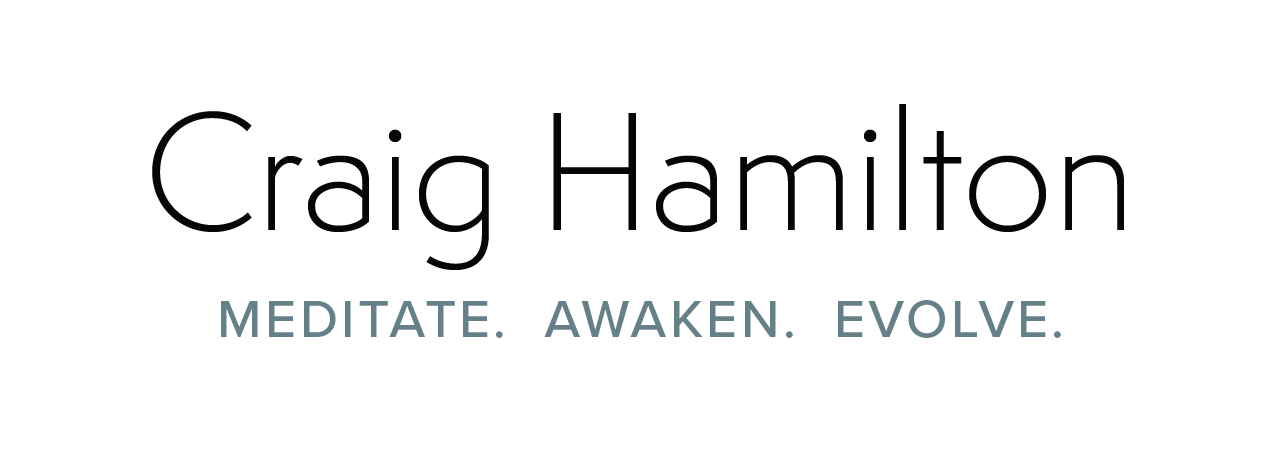

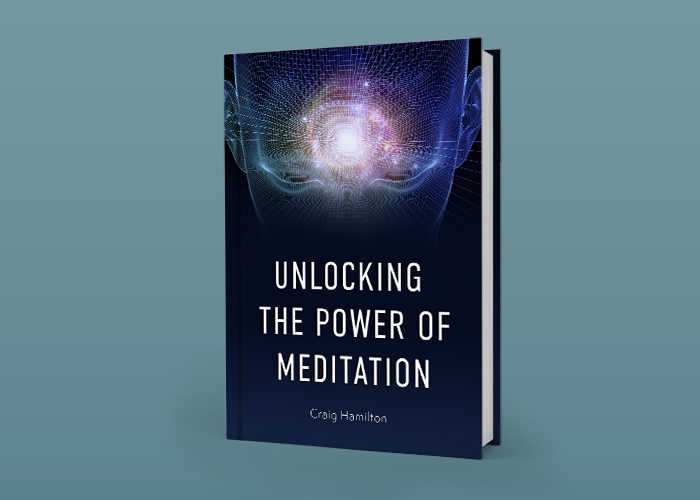

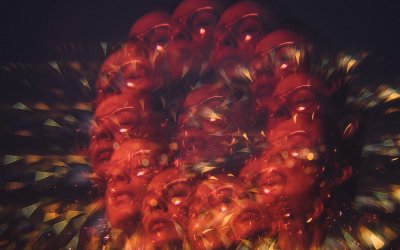

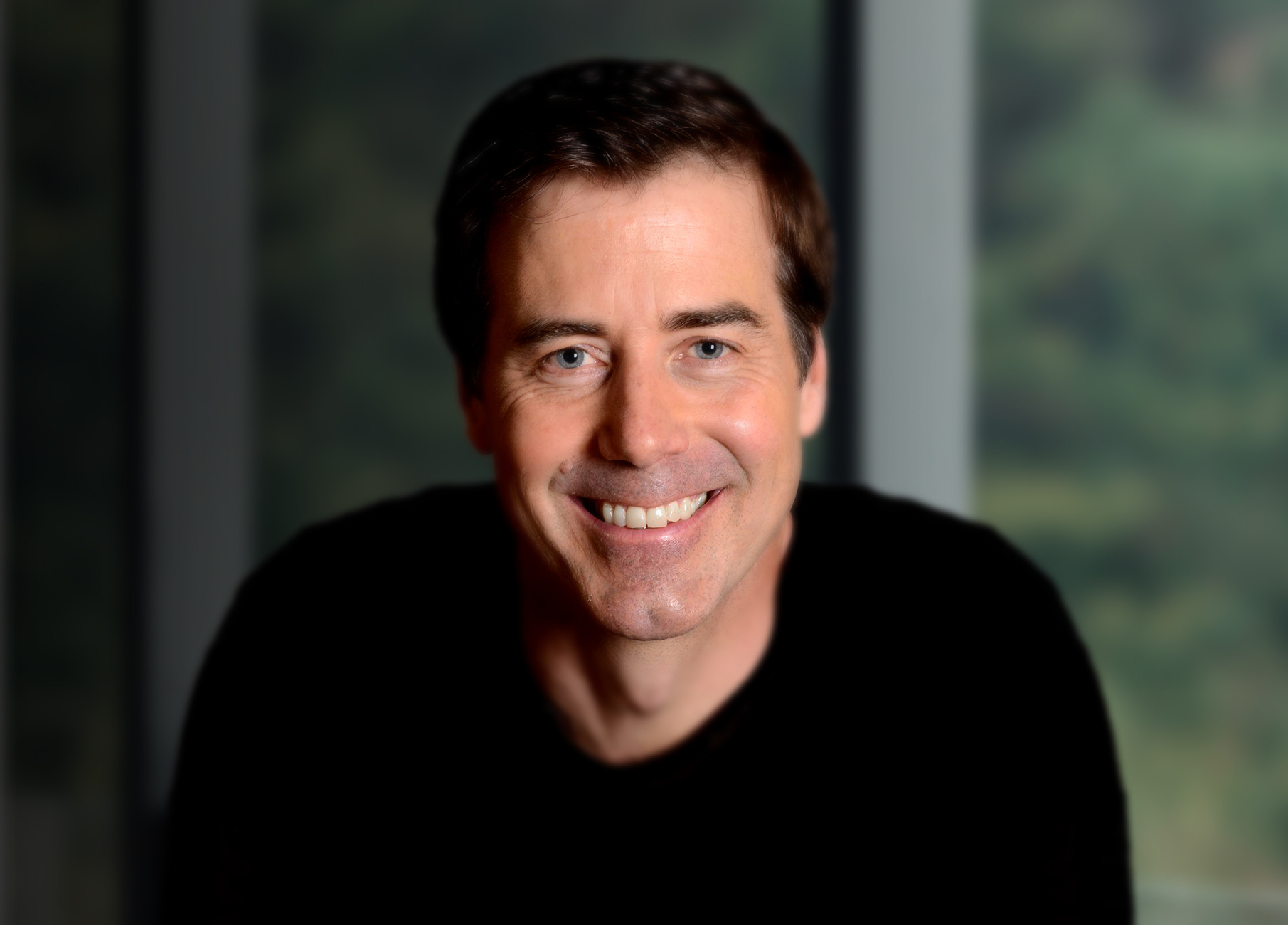


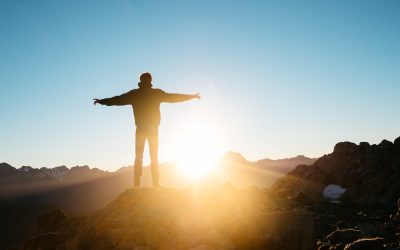
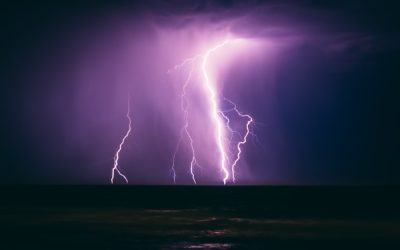
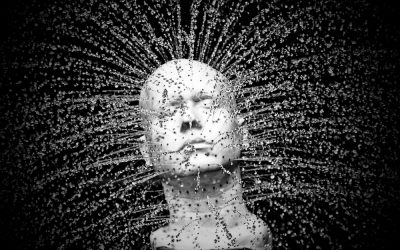



0 Comments